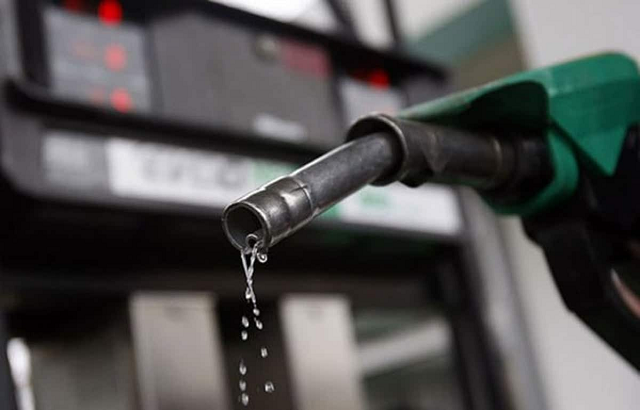Contrary to popular opinion that the lingering fuel scarcity in the country was caused by the importation of over 100 million litres of contaminated petrol, the Nigeria Extractive Industries Transparency Initiatives (NEITI) has declared that the continued subsidy on the commodity is responsible for it.
BizWatch Nigeria understands that Nigerians across different states of the country, including Lagos and Abuja, have for the past three weeks, been facing hardship as it relates to securing petrol for their usage.
However, while the Nigerian National Petroleum Corporation (NNPC) confirmed that over 100 million litres of petrol that contained methanol that is above the country’s specification were imported, hence, the fuel scarcity as the commodity had to be withdrawn from public usage, the NEITI said the continued petrol shortage is due to the much-talked-about subsidy.
The NEITI explained that the solution to the country’s prolonged fuel crisis is the stoppage of the subsidy regime as canvassed by stakeholders including the NNPC, but was quick to state that the Federal Government had its reasons for retaining it.
Speaking from Abuja, the Executive Secretary, NEITI, Orji Ogbonnaya-Orji described the lingering fuel scarcity as a symptom, while the main disease was the subsidy.
His words: “At the moment, the NNPC and the Nigeria Midstream and Downstream Petroleum Regulatory Authority are seriously working hard to restore normalcy.
“I was in touch with the top management of the relevant organisations and I am aware of the amount of work and pressure that have gone into this. But let me say this, fuel scarcity is just a mere symptom, subsidy is the main disease.”
Meanwhile, the National Public Relations Officer, Independent Petrol Marketers Association of Nigeria (IPMAN), Chief Ukadike Chinedu had revealed that tank farm owners were currently dispensing the product at N180 per litre, which is not in tally with the approved N162 pump price.
According to the IPMAN spokesperson, the increment in petrol from the tank farm is why Nigerians are buying the commodity for N200 and above, as the fuel scarcity intensifies.













